-
- Water Status and Quality Monitoring Programmes
- Groundwater Status and Quality
- Superficial Water Status and Quality
- Protection of water from nitrates and pesticides
- Protección de las aguas frente a la eutrofización
- Contaminantes emergentes
- Especies invasoras en medios acuáticos continentales.
- Instructions, guidelines and protocols for measure and sample taking
- Archivos digitales de aguas subterráneas (ADEPAS)
-
- Hydrological Bulletin
- Assessment of natural regime water resources (SIMPA)
- Hydrology Yearbook Information System
- Sistema Automático de Información Hidrológica (SAIH)
- Evaluación de los Recursos Hídricos Procedentes de la Innivación (ERHIN)
- Official Network for monitoring the Quantitative Status of Groundwater
- Predicción estacional
- App infoAGUA
-
- Primera convocatoria ciclo urbano del agua
- Segunda convocatoria ciclo urbano del agua
- Primera convocatoria regadío
- Segunda convocatoria regadío
- Conferencia Sectorial de Medio Ambiente: distribución territorial de fondos del PERTE de digitalización del ciclo del agua
- Tercera convocatoria del ciclo urbano del agua
- Conexión Agua
Proyecto de recuperación ambiental del río Nalón en La Chalana, T.M. de Laviana (Asturias)

En la década de los años sesenta del siglo pasado, el río Nalón, en la zona de La Chalana (Laviana, Asturias), fue el pulmón verde y zona de baño de las familias que vivían en este valle minero. Si bien, actualmente, la zona de la Chalana dispone de una amplia zona en la margen derecha del río Nalón donde se ha ejecutado una zona de estancia y descanso de los usuarios de la senda peatonal existente, se pretende recuperar la tradicional zona de baños. Para ello, la Confederación Hidrográfica del Cantábrico, el Principado de Asturias y el Ayuntamiento de Laviana han suscrito un convenio con ese objetivo.
Este proyecto tiene como objetivos: recuperar ambientalmente la zona tradicional de baño, favorecer la accesibilidad al río mediante la adecuación de las márgenes, restaurar el bosque de ribera, recuperar cierta fauna de la zona, crear sendas en ambas márgenes, y potenciar zonas recreativas para uso público.
El ámbito del proyecto comprende el tramo de cauce del río Nalón en una longitud de unos 400 metros, desde el puente de La Chalana de la carretera autonómica AS-252 Laviana-Aller hasta la incorporación del río Villoria.
Las intervenciones contempladas son las siguientes:
- Trabajos previos y demoliciones consistentes en la retirada de residuos, desbroces, tala de árboles y destoconamiento, y demolición de los muros de fábrica existentes en el cauce y márgenes.
- Adecuación de márgenes con escollera rematada exteriormente con estaquillas y estacas vivas de sauce.
- Accesos al río. Unos aguas arriba de la pasarela peatonal y otros aguas debajo de la misma.
- Restauración del bosque de ribera (bosques aluviales de Alnus glutinosa y Fraxinus excelsior).
- Sendas peatonales y zonas recreativas en ambas márgenes.
- Pasarela sobre el río Nalón para permitir el tránsito de los usuarios entre ambas márgenes del río.
- Pasarela sobre el canal del Molino para dar continuidad a la senda de la margen izquierda del río Nalón sobre el canal del Molino de la Chalana.
- Vallado para separar las obras de las parcelas privadas colindantes.
- Colocación de paneles informativos.
El proyecto se financia con fondos de la Unión Europea, a cargo del Mecanismo de Recuperación y Resiliencia, en el marco del instrumento Next Generation EU. Se inició en marzo de 2025 y está dotado con un presupuesto de 1.330.724,73 €, a ejecutar en un plazo de 12 meses.
Con este proyecto se contribuye a la restauración fluvial de 0,4 km de cauce.
La información adicional del proyecto se puede consultar en el visor de actuaciones de la Estrategia Nacional de Restauración de Ríos (ENRR).

Restauración ríos PIMA Adapta - Galería de imágenes
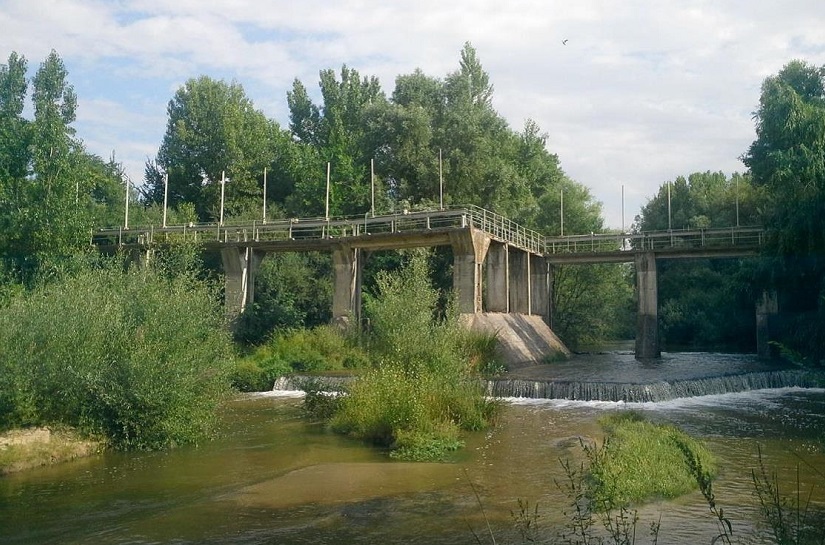 Restos de la antigua infraestructura de Playa de Madrid
Restos de la antigua infraestructura de Playa de Madrid
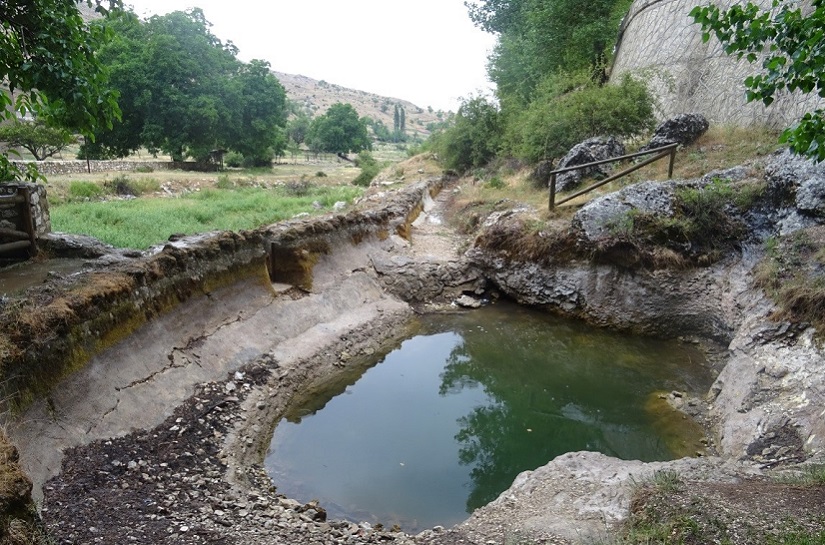 Nacimiento del río Segura
Nacimiento del río Segura
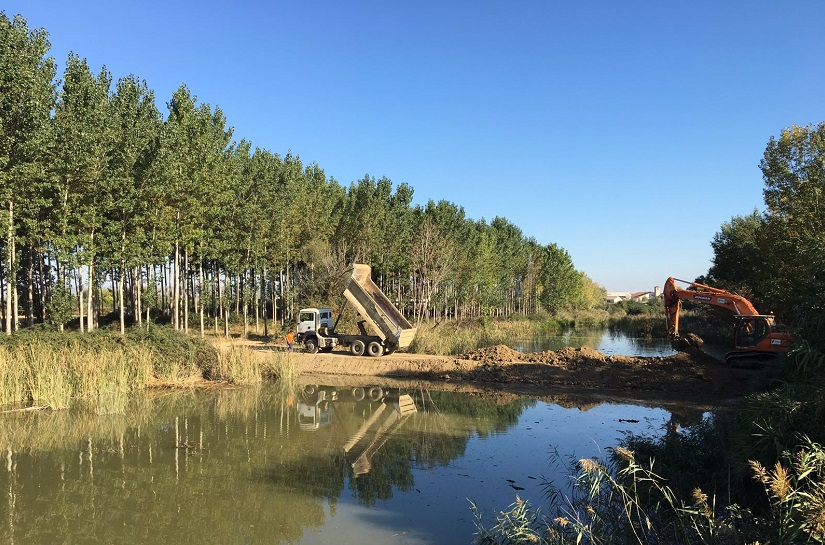 Arga- Fangos construcción diques auxiliares
Arga- Fangos construcción diques auxiliares
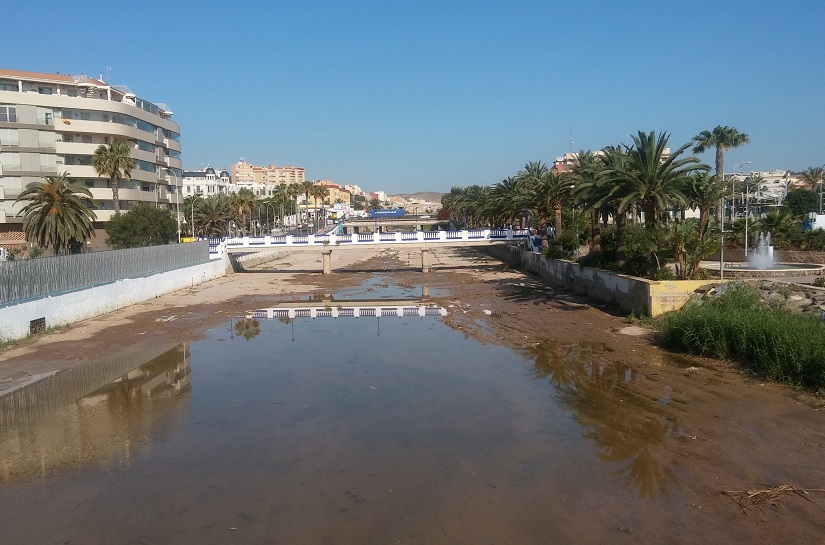 Restauración fluvial del río de Oro y arroyo Farhana en Melilla
Restauración fluvial del río de Oro y arroyo Farhana en Melilla
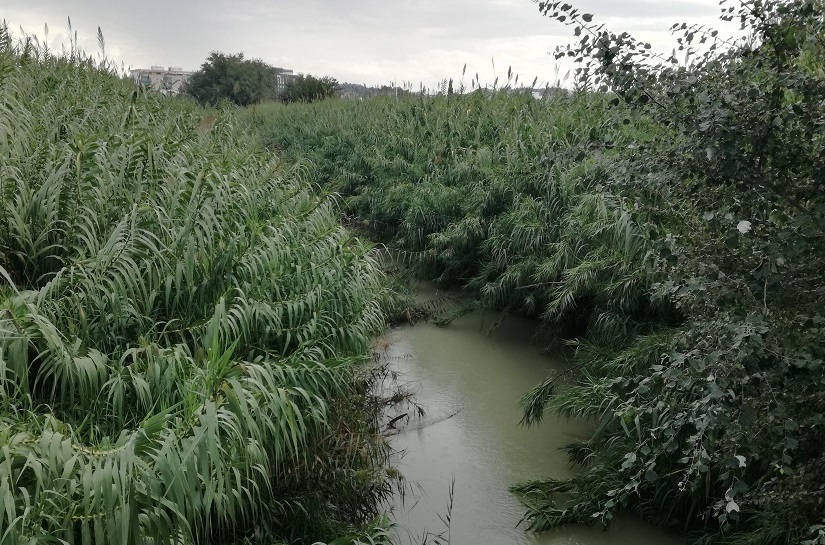 Plan PIMA Río Segura situación inicial
Plan PIMA Río Segura situación inicial
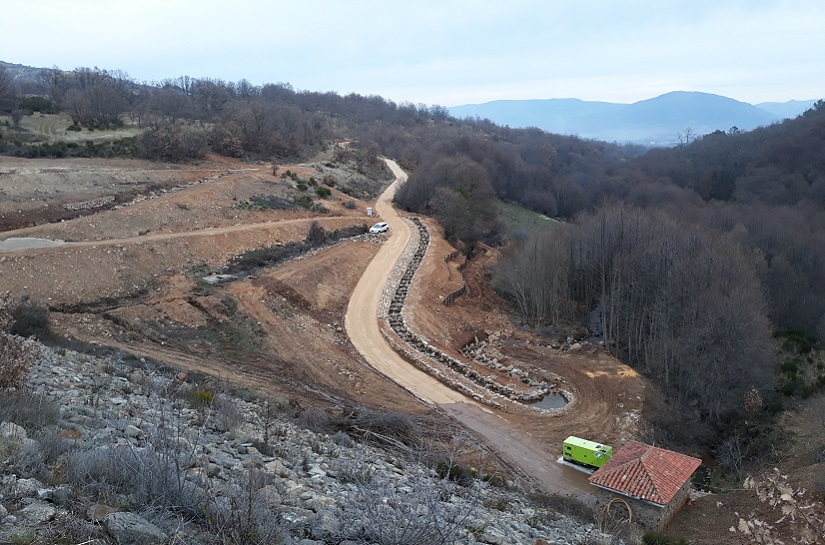 Dispositivo de paso para peces y fauna
Dispositivo de paso para peces y fauna
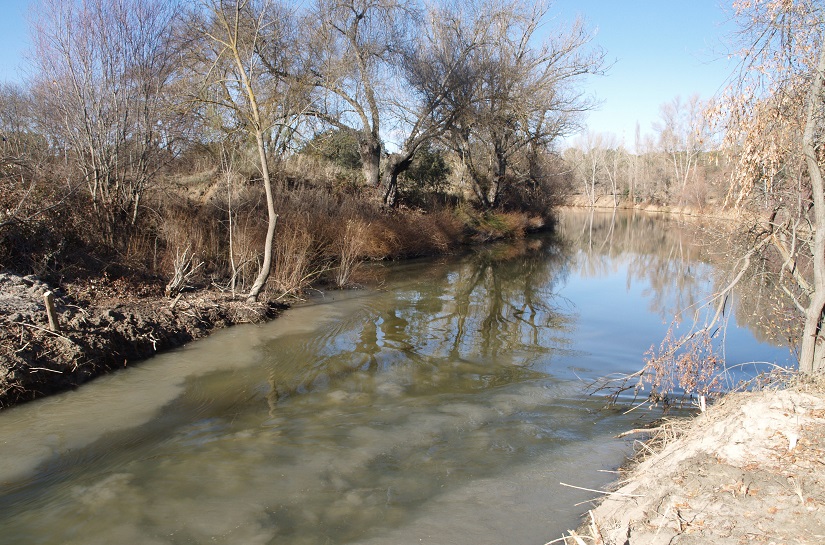 Entrada nuevo brazo Río Manzanares en El Pardo-Arroyo Trofa
Entrada nuevo brazo Río Manzanares en El Pardo-Arroyo Trofa
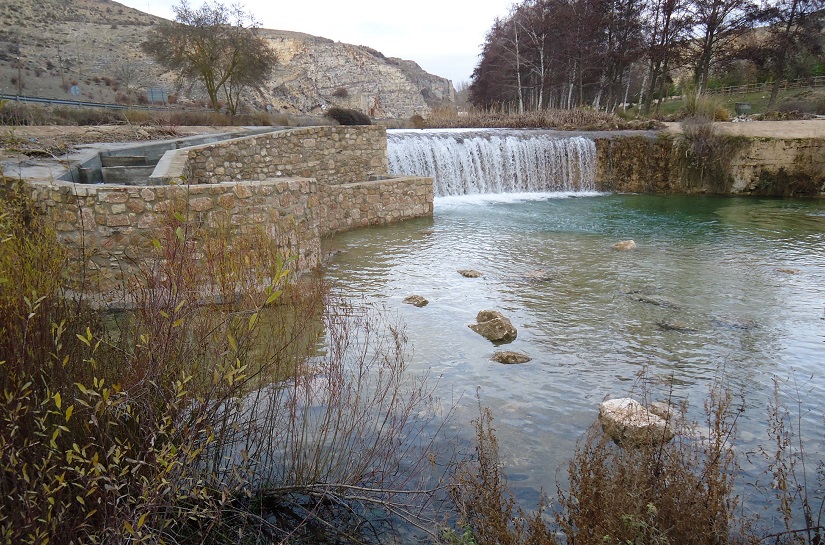 Escala de peces Río Ucero
Escala de peces Río Ucero
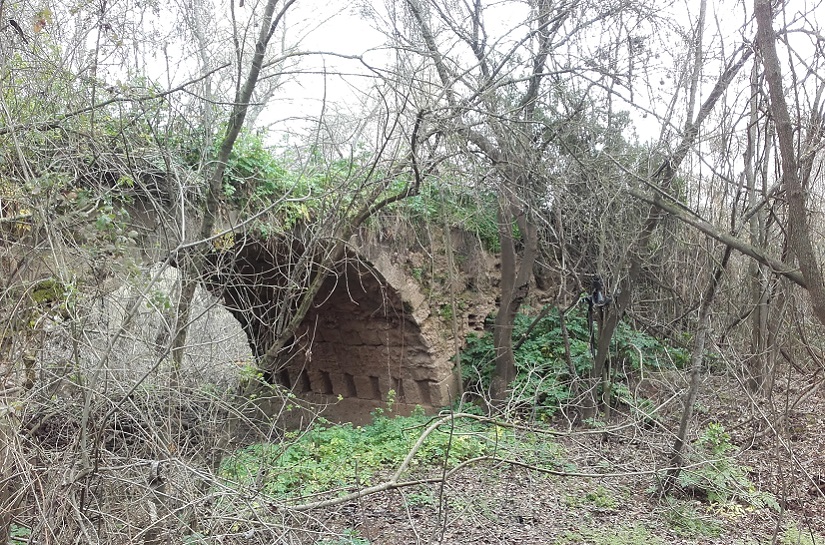 Estado actual zona puente Río Bembézar
Estado actual zona puente Río Bembézar
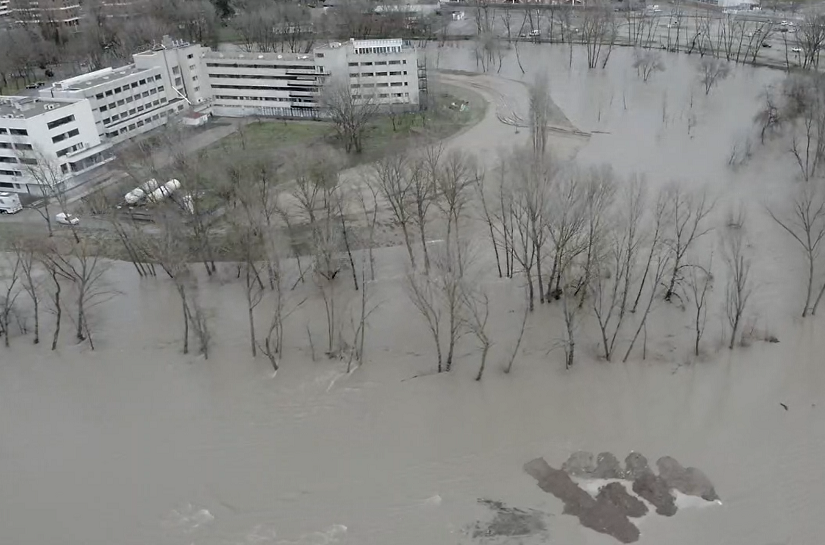 Vista de la crecida del Júcar en diciembre de 2019 a su paso por Cuenca
Vista de la crecida del Júcar en diciembre de 2019 a su paso por Cuenca
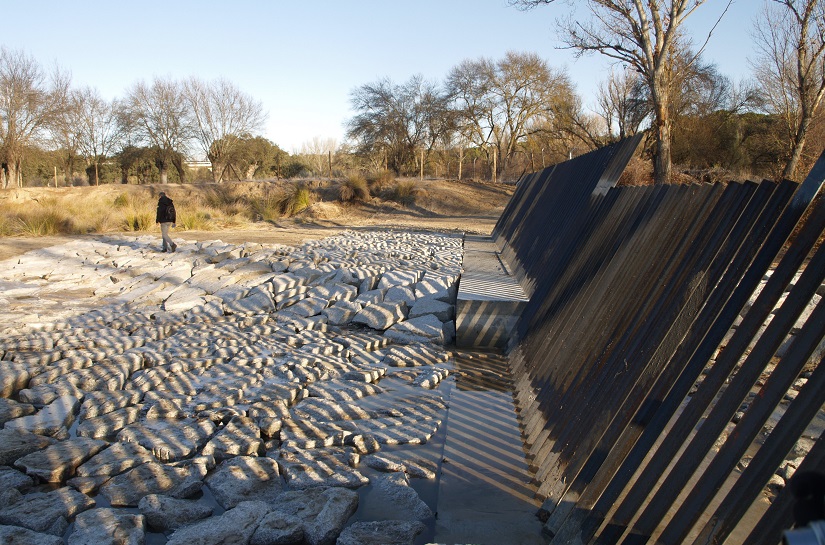 Nueva-valla-Monte-El-Pardo-permeable-desembocadura-Arroyo-Trofa-Rio-Manzanares
Nueva-valla-Monte-El-Pardo-permeable-desembocadura-Arroyo-Trofa-Rio-Manzanares
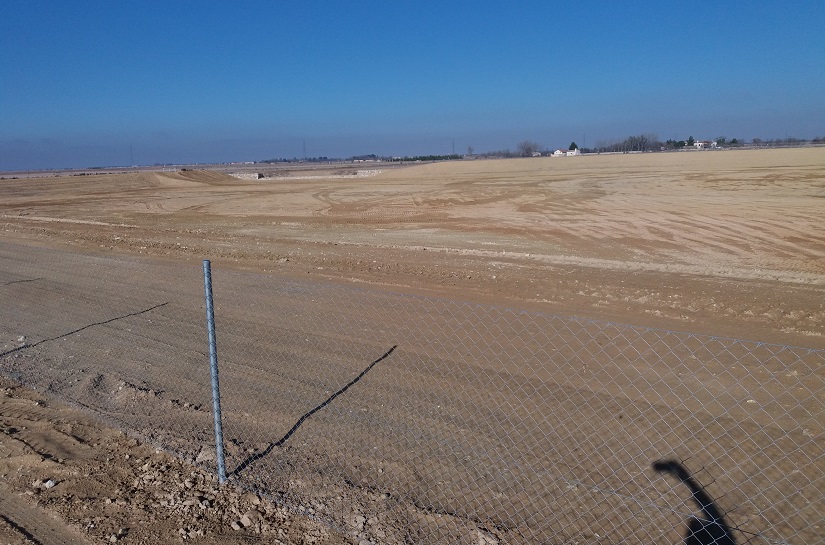 Detalle de la llanura de inundación creada en el canal de la Lobera para la defensa de inundación de Albacete (Confederación Hidrográfica del Júcar)
Detalle de la llanura de inundación creada en el canal de la Lobera para la defensa de inundación de Albacete (Confederación Hidrográfica del Júcar)
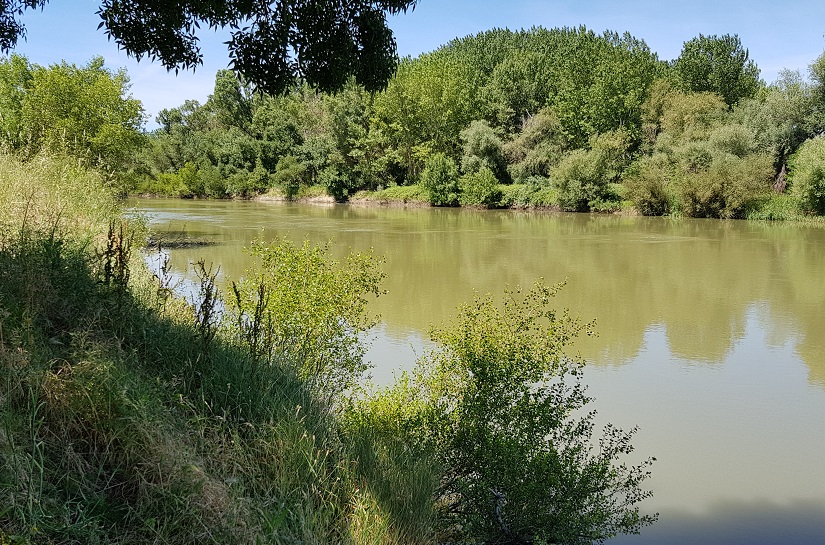 El río Ebro (Alfaro)
El río Ebro (Alfaro)
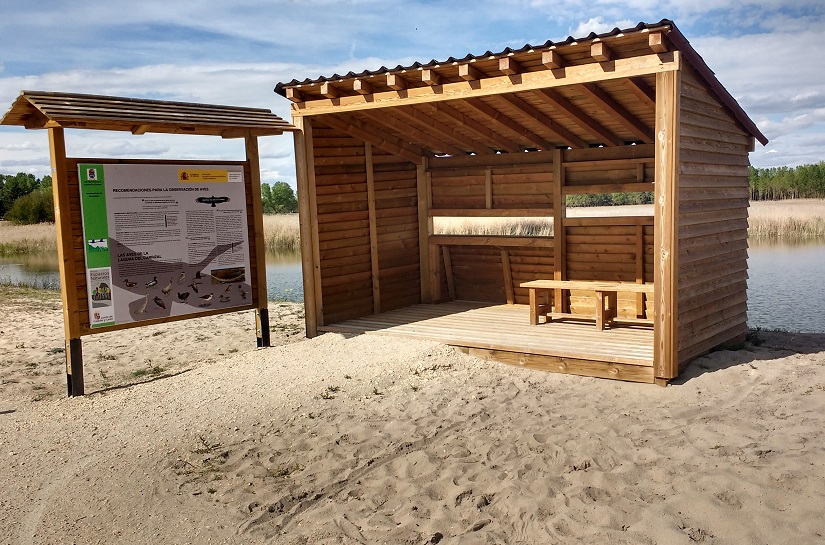
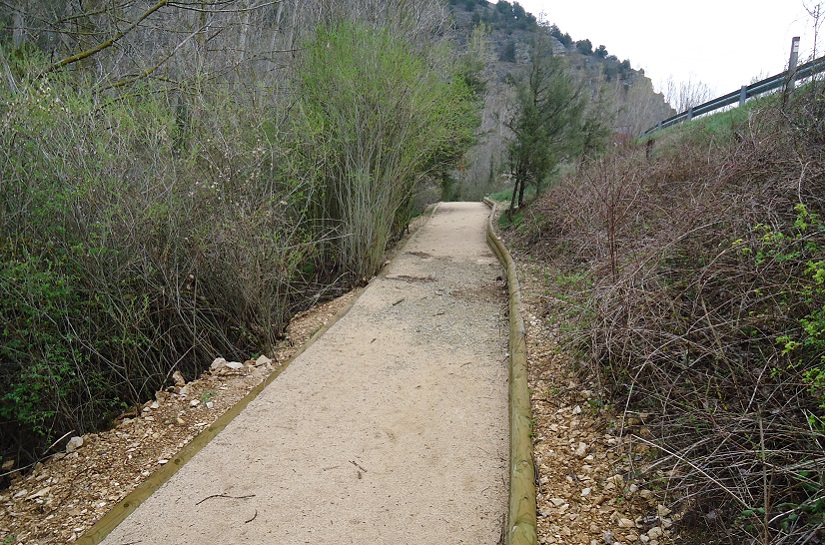 Senda-fluvial-Río-Ucero
Senda-fluvial-Río-Ucero
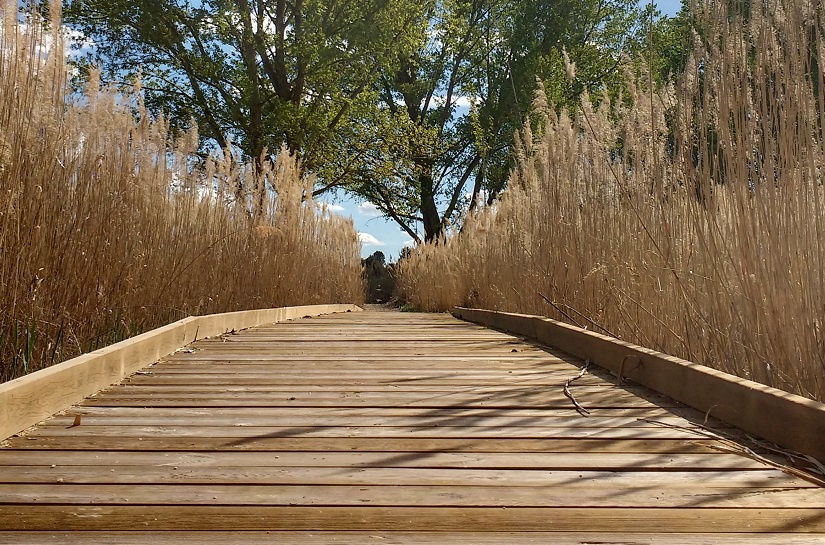 Senda-peatonal-Laguna-Lucía
Senda-peatonal-Laguna-Lucía
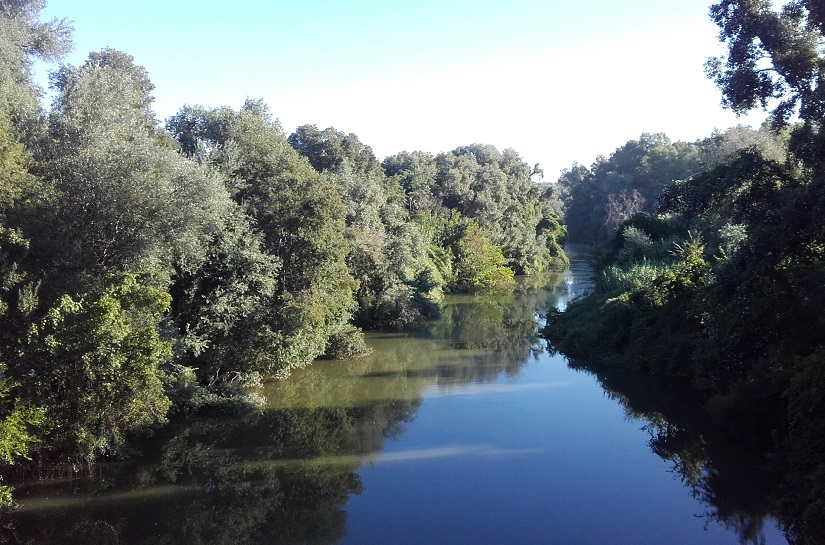 Tramo-obra-Río-Bembézar
Tramo-obra-Río-Bembézar
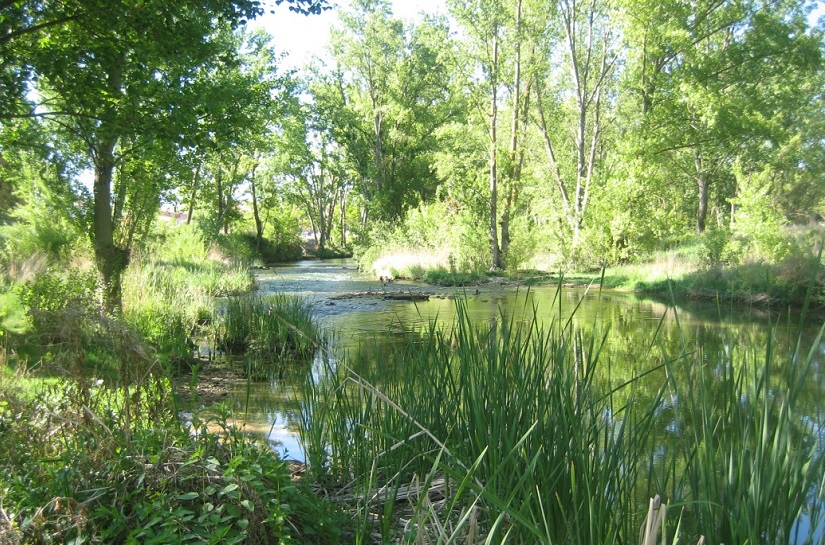 Imagen río Júcar aguas abajo del Puente de San Julián en Cuenca
Imagen río Júcar aguas abajo del Puente de San Julián en Cuenca
 El río Ebro (Alfaro)
El río Ebro (Alfaro)
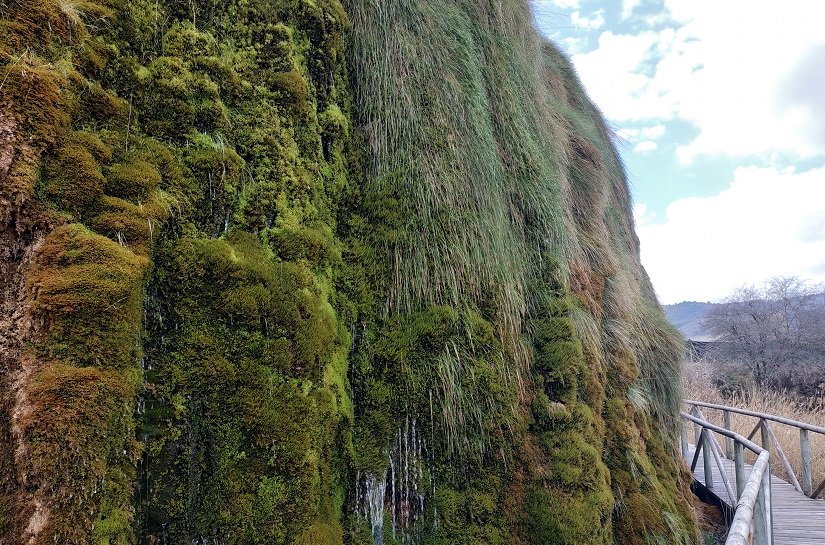 Actuaciones para la gestión de las aguas subterráneas y los ecosistemas asociados ante el impacto del cambio climático
Actuaciones para la gestión de las aguas subterráneas y los ecosistemas asociados ante el impacto del cambio climático
This page provides information on cookies we use: We use our own and third-party cookies to keep your session active, personalise your experience, and collect anonymous statistics about how you use this website. You can choose to accept all cookies or select which types you'd like to allow. To learn more about the cookies we use, read our Cookies Policy.
We use two types of cookies on this site. First, there are Functional Cookies, which are essential for the website to work properly. They store session data to make your experience smoother and more convenient. On the other hand, Analytical Cookies collect information about how you use the portal, without personal data, helping us provide a better and more tailored service.
Introduction to the Use of Cookies on the MITECO.gob.es Website
Cookies are small files that are stored on your device when you visit a webpage. They are essential tools that help provide many of the services available on the information society. Among other things, cookies allow a webpage to store and retrieve information about a user's browsing habits or their device. Based on this information, they can be used to recognise the user and enhance the service provided.
Types of Cookies
Depending on the entity that manages the domain from which the cookies are sent and processes the data, there are two types of cookies: first-party cookies and third-party cookies.
There is also a second classification based on how long the cookies remain stored in the user's browser: session cookies and persistent cookies.
Finally, cookies can also be classified into five types based on the purpose for which the data is processed: technical cookies, personalisation cookies, analytics cookies, advertising cookies, and behavioural advertising cookies.
For more information on this, you can refer to the Guide on the use of cookies from the Spanish Data Protection Agency.
Cookies used on the website
The web portal of the Ministry for Ecological Transition and the Demographic Challenge uses Adobe Analytics, an analytics tool that helps website and application owners understand how visitors interact with their content. Adobe Analytics uses a small number of cookies to collect data and generate usage statistics for websites. This information is sent anonymously and is not shared with third parties under any circumstances. You can choose to accept or reject these cookies, as they do not affect the portal’s functionality. However, they help provide valuable information that allows us to offer a better and more tailored service. For more information about Adobe Analytics cookies and privacy, please refer to the following links:
Additionally, pages featuring content from social network X will only set cookies if the user is logged into the X site. For more details on these cookies, please refer to the following link: Privacy on Social Network X
Finally, a technical cookie named MITECO-compliance is stored, which is a first-party, technical, and session-based cookie. It manages user consent for the use of cookies on the website, remembering which users have accepted them and which have not, ensuring that those who have accepted are not shown cookie consent messages at the top of the page. This cookie is essential for the proper functioning of the portal.
Cookies Policy Acceptance / Rejection
The Ministry for Ecological Transition and the Demographic Challenge gives you the option to accept or reject cookies that are not essential for the portal's operation. Upon accessing the portal, a message will be displayed in the centre of the page with information about the cookie policy and the following options:
· Firefox
· Chrome
· Safari


